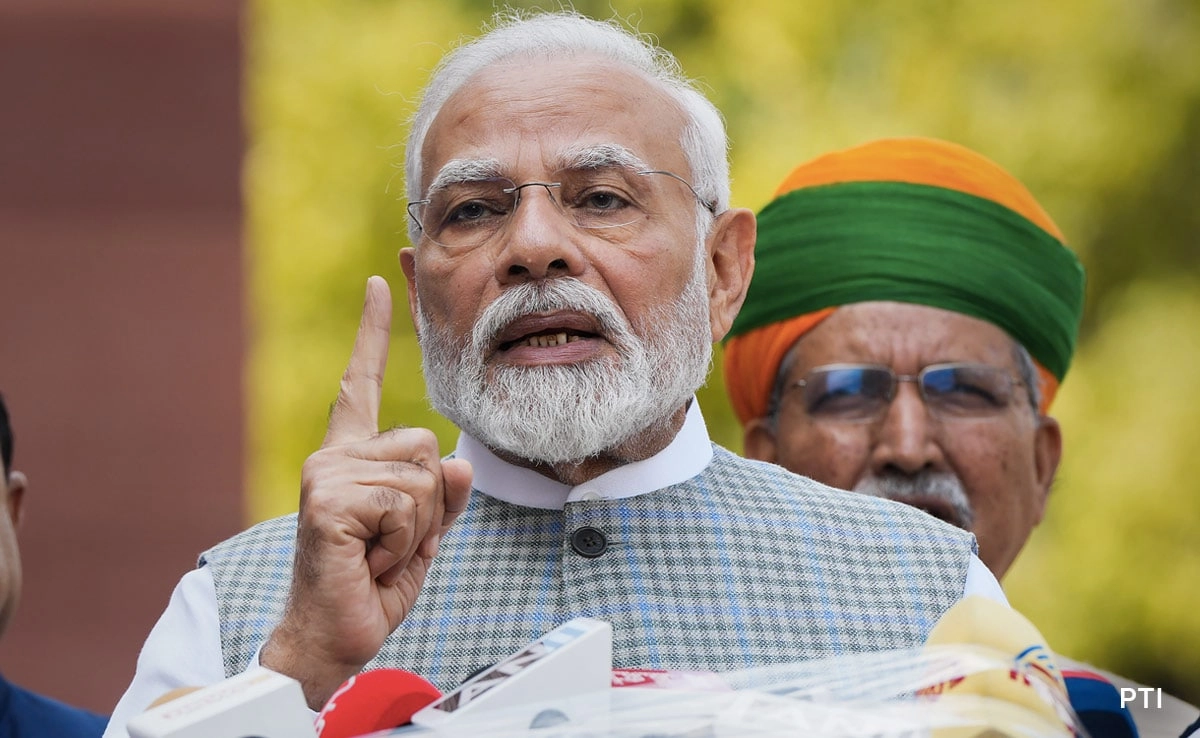In a significant turn of events, farmers across the nation have united in protest over the controversial Justice Varma case, marking a pivotal moment in the ongoing struggle for agricultural rights and justice. The protests have gained momentum as farmers demand accountability and transparency in the judicial process, particularly concerning the actions and decisions made by authorities that directly impact their livelihoods. The case, which has drawn widespread attention, is seen as emblematic of the broader issues facing the agricultural community, including land rights, fair compensation, and the need for judicial reforms that prioritize the voices of farmers.
Central to the unrest is the perceived overreach by J. Dhankhar, who is accused of crossing the ‘Lakshman Rekha’—a metaphorical line that distinguishes appropriate conduct from overstepping boundaries. Farmers argue that Dhankhar’s actions not only undermine the integrity of the judicial system but also threaten the delicate balance of power between the government and the farming community. This situation has led to an escalation of tensions, as farmers feel their rights and dignity are being trampled upon, prompting them to take to the streets to voice their grievances and seek justice.
The protests highlight a growing frustration among farmers, who have long felt marginalized in policy-making processes that affect their lives. The Justice Varma case has become a rallying point for these grievances, as it encapsulates the struggle for respect and recognition in a system that many believe has consistently sidelined their concerns. As farmers mobilize in solidarity, they aim not only to address this specific case but also to advocate for systemic changes that would ensure greater equity and representation in agricultural policies. The protests serve as a reminder of the resilience of the farming community, whose determination to fight for their rights continues to resonate throughout the nation.
In light of these developments, it is crucial for the government and judicial authorities to engage in meaningful dialogue with the farming community. Addressing the root causes of discontent and ensuring that farmers’ voices are heard in legislative and judicial processes will be vital in restoring trust and fostering a more equitable environment. As the protests unfold, the actions taken by both the authorities and the farmers will shape the future of agricultural policy and justice in the country, making it imperative for all stakeholders to approach the situation with empathy and a genuine commitment to reform.




